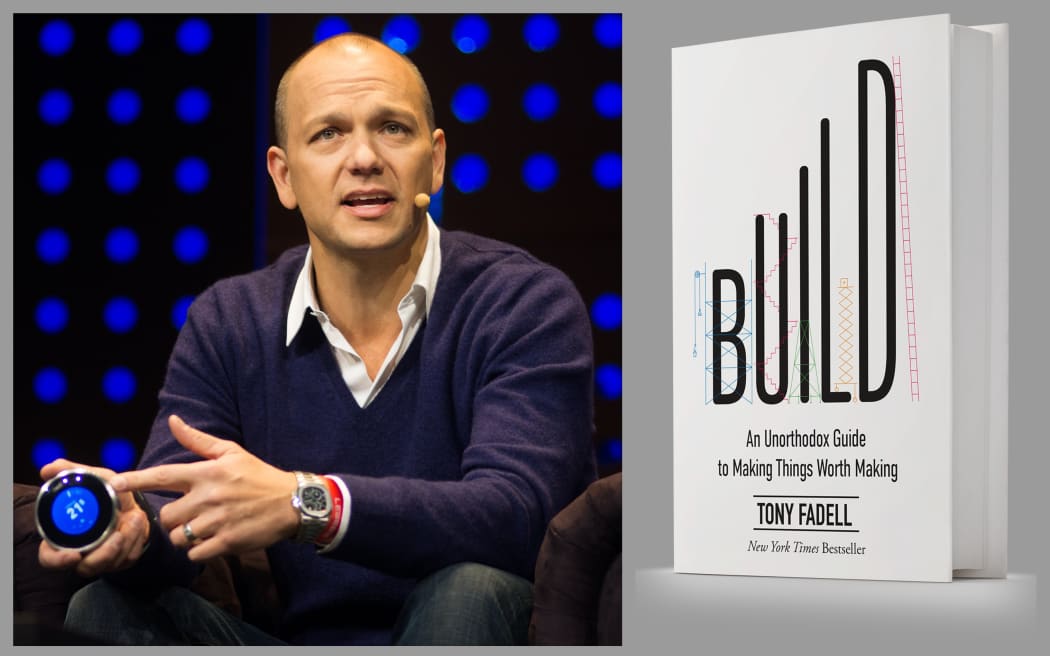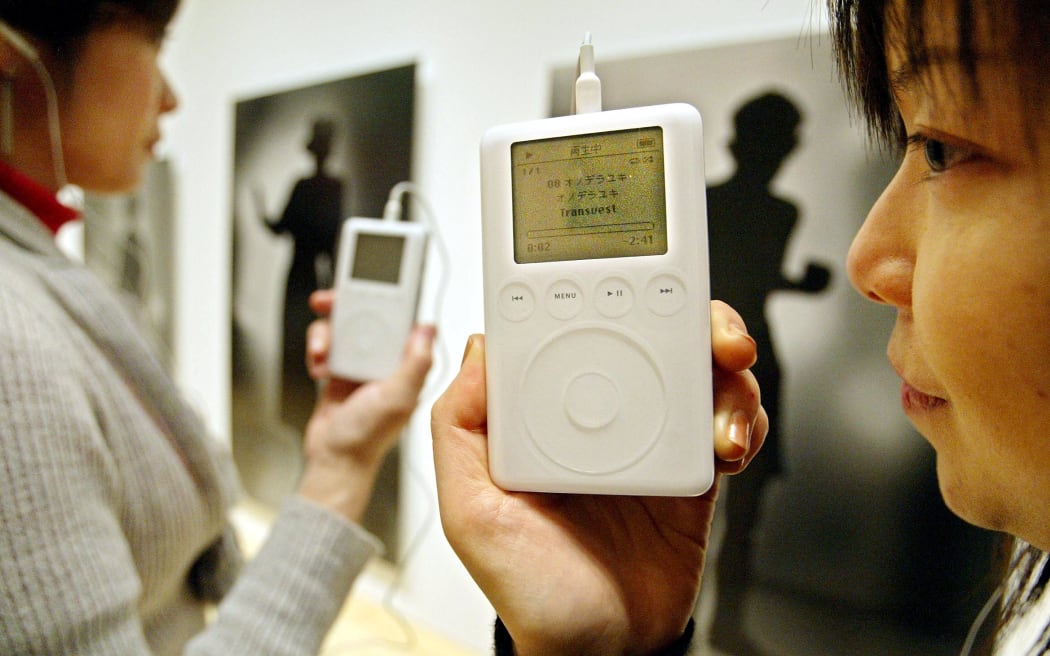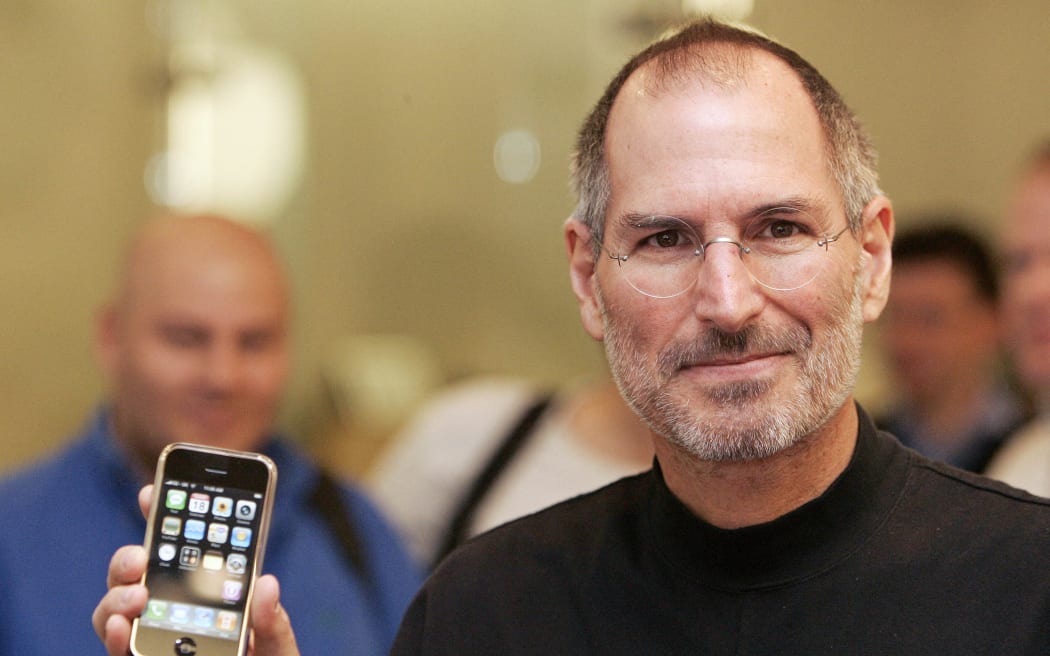American engineer and designer Tony Fadell was instrumental in the creation of the iPod and iPhone during his time at Apple.
In fact, he's often referred to as "the father of the iPod" and was co-creator of the iPhone - developing three generations of it.
He went on to co-found Nest Labs, with its revolutionary smart-thermostat, which was eventually sold to Google for $US3.2 billion in 2014.
But while his career in Silicon Valley has had some spectacular highs, it's also had some lows.
He's taken the lessons he learned the hard way, stories of failed ventures and screw-ups, and advice about sticking to your vision and backing yourself and your product and compiled them into a new book called Build: An Unorthodox Guide to Making Things Worth Making.

Photo: Tony Fadell
Through the chapters, Fadell takes readers on a journey on how to build yourself, your career, a product, as well as a company and then finally leaving it or selling it.
“But some of the most important [keys to success], I think, is embracing failure and understanding failures are best our best teacher,” Fadell tells Kathryn Ryan
“The other one is really the story of why. If you're going to make anything in this world, whether that's your own company or your own product … you really have to understand the reason why you're making it, not just what you're making.”
It was a lesson learned after a “tremendous failure” in the ‘90s cost the company General Magic, an Apple spin-off project, $500 to $700 million when an aspirational handheld device failed to hit the mark, he says.
"You might have the technology ready, but the other thing that's equally if not more important is society ready?
“And I don't mean all of society. But just certain subsets of society starting to feel the pain of what this solution or this product that you're bringing to market would [solve].
“So back in 1991, we didn't have e-mail really, we didn't have downloadable games and e-shopping, and buying travel online, and all these different things. It wasn't until about 2005 where people had e-mail and all of those different things and really understood how to use the web and they wanted to take it on the go with them wherever they wanted it.
“And that was the reason why the iPhone was successful at the right place at the right time, we had enough technology.”
Although General Magic failed, Fadell persevered because he believed this would be the future and ultimately it ended up becoming the iPhone 15 years later.
"We learn the wrong way in school actually. When we're in school, we're taught if you fail, your life is over," he says.
“Well life is exactly the opposite. If you're doing something new and something that the world has never seen before, you're going to only be able to learn by doing.
“If you're not failing, that means you're not trying hard enough because you're not actually doing something that's really different.
“You only fail if you just decide to give up and not learn through that failure and keep going.”

Exhibition-goers use Apple's early iPod models to listen to an explanation of contemporary Japanese artwork at the Mori Art Museum in Tokyo, on 18 February, 2004. Photo: Toru Yamanaka / AFP
But long before that, heavily indebted Apple was suffering and most predicted its downfall in the early 2000s, until a bold move from tech giant saw it switch its focus from Mac to iPods, he says.
“Depending on the quarter, 60 to 70 percent of all of Apple’s revenue was coming from the iPod [at that time].
“But we had this really loud set of footsteps behind us, and that was the mobile phone industry ... and they were starting to go wait a second, we like what the iPod’s doing, we could add music playback to the mobile phones and we could take that market away from them and so that was an existential threat to Apple.”
So eventually, Apple made another hard decision, Fadell says, to overtake its successful iPod with an even greater device that combined new elements of their upcoming projects – the iPhone.
“[Steve Jobs] pushed us, he pushed himself to do the right thing, as right as we could get it for the customer. It wasn't about his ego that he was being that way.
“When you knew that, you could easily understand why we were working so hard, it was for the right reasons ... now that didn’t mean it was easy, but we had to work really hard to get those details right.

Apple co-founder Steve Jobs attends a press conference in central London, 18 September 2007 after the release of the first iPhone. Photo: AFP / Shaun Curry
“Ultimately as I said, and I put in the book, even if he made insane decisions, I knew after working with him long enough, sanity would prevail if we worked on it. We could push back and get it to work with him and get the right decision to happen.
“So yes, it was difficult, but man was it rewarding, and I would never change those years for anything because we got to change the world multiple times.”
While Fadell has seen breakthrough technology come to life, he doesn’t believe the Metaverse is all that it’s made up to be.
"We have had too much dis-intermediation in human connection starting with text comments on blogs. We know how toxic those blog posts are or those comments on the blog posts are, how toxic it can be on Twitter or how toxic it can be on Instagram or other video sites.
“To say we're going to go in the Metaverse and it's going to get all better when we can't even moderate the types of discussions we have in these other social networks that we have today, I don't understand how that's going to work.
“We've seen what pain that can cause, we see how it can tear apart social fabrics, this is the wrong thing. We should not be applying these technologies and trying to say we're going to get social connection in a metaverse.
“We need to take those brilliant brains and those scarce resources and apply them to problems that really exist, like climate change, not fabricating new problems or creating new problems in the Metaverse to socially connect when we already know the problems that we have in these other mediums.”

